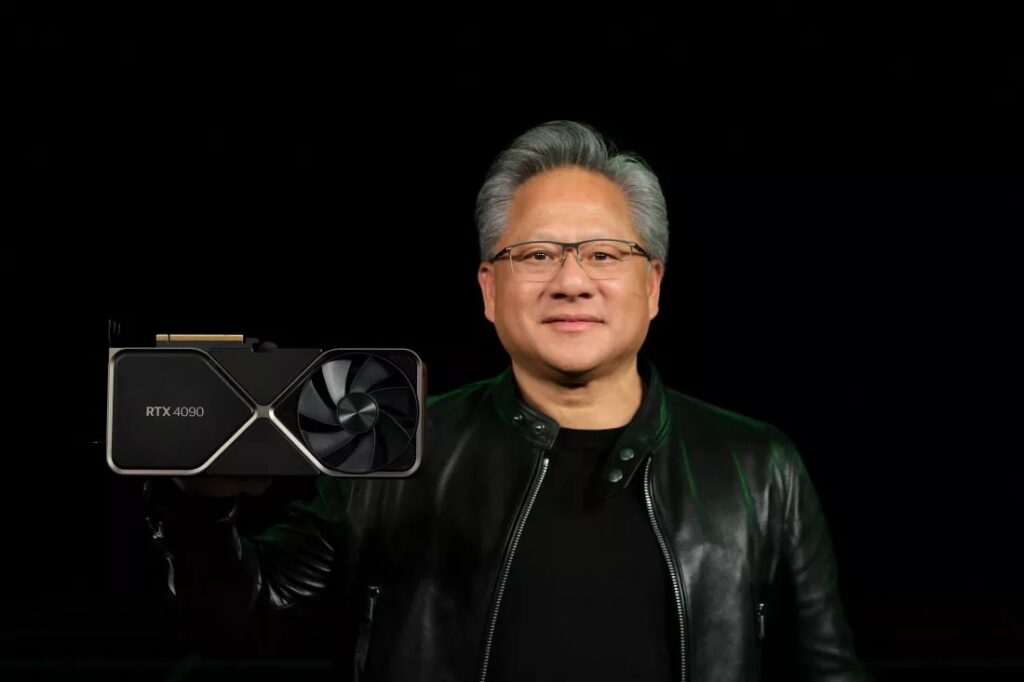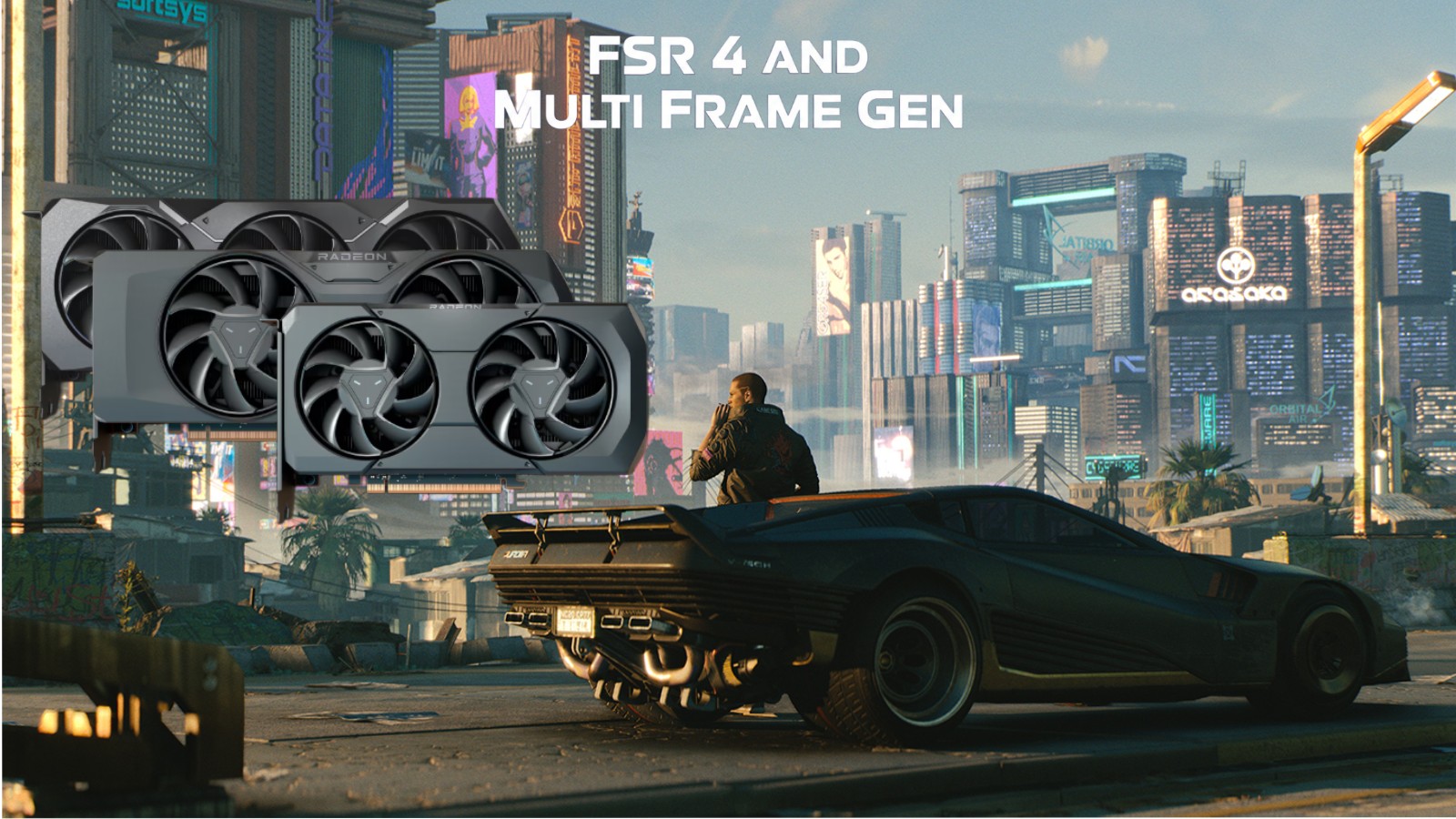The latest graphics card from Nvidia, the GeForce RTX 4090D, was officially released last week. The new variant of the card was a means for Nvidia to bypass the export limitations on the RTX 4090.
This graphics card allows Nvidia to comply with the government’s constraints rather than halting shipments of the flagship SKU to China. The GeForce RTX 4090D was officially announced on 28 December.
However, while a launch window was not revealed, the GeForce RTX 4090D is now expected to launch on 20 January. As a result, it’s safe to conclude that the RTX 4090D won’t start shipping until the end of this month.
According to Board Channels, there will be a delay in the shipping schedules for the main AIC graphics card brands until around January 20th. The shipping schedule is now regarded as mainly confirmed, and the official shipments are anticipated to take place three days before or after this date.
In terms of specifications, the GeForce RTX 4090D features 114 streaming multiprocessors instead of 128, which is an 11% reduction in the specification, resulting in 14,592 CUDA cores and 456 Tensor cores.
Furthermore, the power limit is also hard-capped at 425W on the GeForce RTX 4090D, which should restrain users from gaining additional performance through overclocking. This restriction will also greatly limit the launch of high-end variants from custom board partners.
According to Nvidia, the MSRP of the RTX 4090D in China will be 12,999 RMB, the same as the MSRP of the RTX 4090 when it was first released. Currently, there is no information on what kind of gaming or AI performance we can expect from the upcoming GeForce RTX 4090D.
However, it does look like the card would perform similarly to the GeForce RTX 4080 Super card, expected to be announced at CES.
Thank you! Please share your positive feedback. 🔋
How could we improve this post? Please Help us. 😔
[News Reporter]
Malik Usman is student of Computer Science focused on using his knowledge to produce detailed and informative articles covering the latest findings from the tech industry. His expertise allows him to cover subjects like processors, graphics cards, and more. In addition to the latest hardware, Malik can be found writing about the gaming industry from time to time. He is fond of games like God of War, and his work has been mentioned on websites like Whatculture, VG247, IGN, and Eurogamer.





